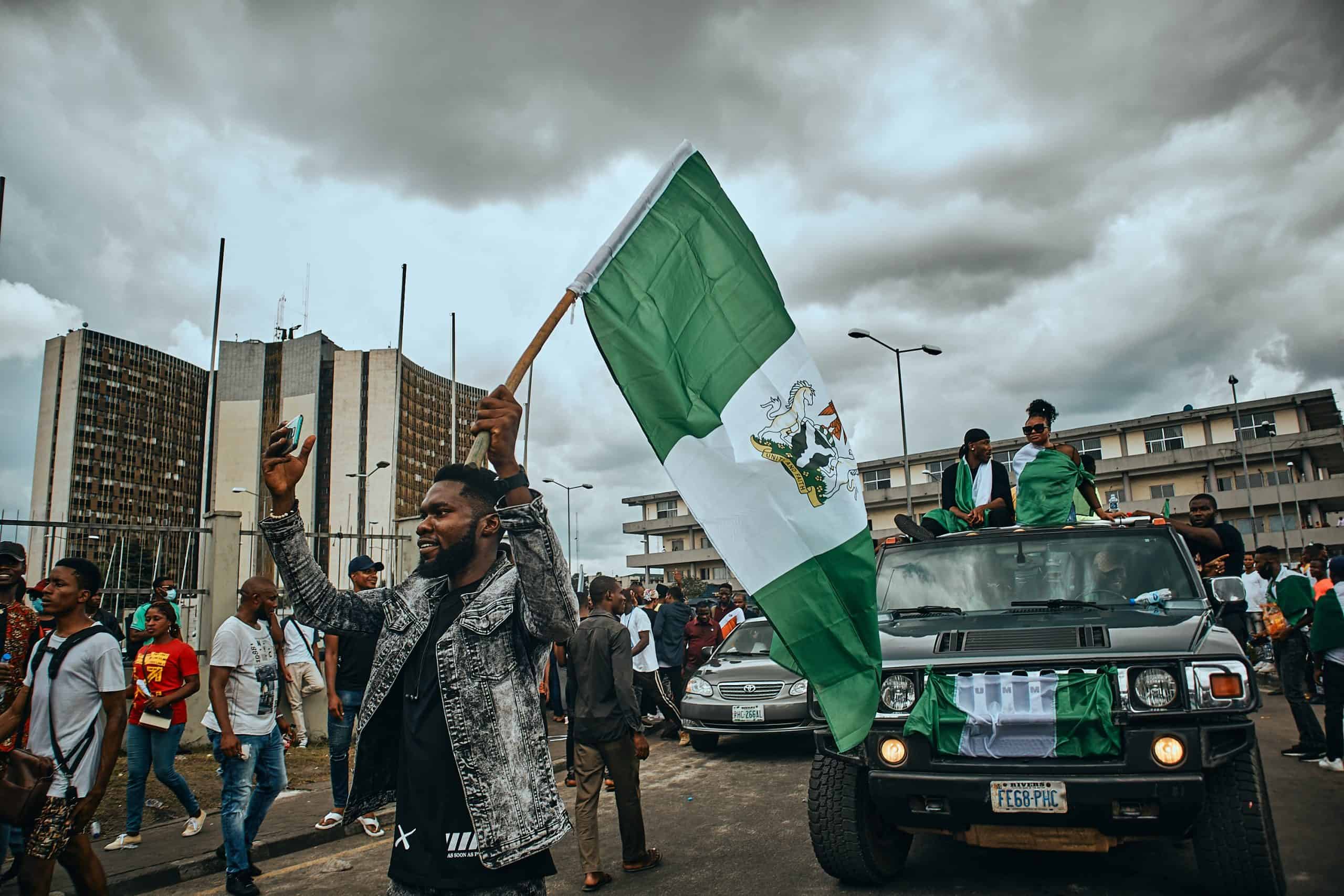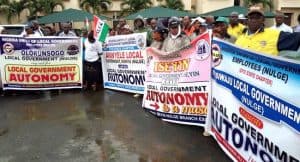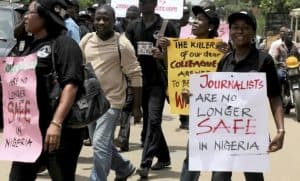
In a recent address, Bola Ahmed Tinubu, President of Nigeria, warned that the wave of military coups threatens the peace and stability of Africa. While his sentiment rings true, it only skims the surface of a much deeper issue. Over the last three years, the continent has witnessed an alarming seven coups in six nations, signaling not just military volatility but a deep-rooted distrust of the democratic system among the electorates.
When citizens in countries overtaken by military juntas show more joy than apprehension, it is clear that faith in democracy is eroding. Social unrest, election mishaps, and political strife—exemplified by the likes of Zimbabwe’s draconian laws against health workers or Nigeria’s controversial elections—have all contributed to the degradation of democratic principles.
Mali, a country known to be an abode of gold dusts and salt deposits, now reeks of poverty because of bad leadership. Approximately, 60 percent of its population live in rural areas and a large proportion of the population work in agriculture. That is not a problem, agriculture is as good as gold because it helps boost any economy but in Mali, the reverse is the case. Nearly half of the population — 44 percent — lives in poverty as of 2021. And with the exertion of the rule of law, Mali rates extremely low. According to the World Justice Project, Rule of Law index, Mali rates 115th out of 139 countries indexes. The country does not just have poverty at its helm but the rule of law is found wanting at the frontline.
It is deductive to say coup became popular because African supposed democrats have betrayed the very tenets that an ideal democracy should uphold. Take for example Zimbabwe, which recently passed a law that essentially prevents health workers from striking for more than three days. This authoritarian approach undermines trust in the government to be socially responsible and leaves citizens at risk of poor healthcare.
In Nigeria, the largest economy in Africa with a GDP of approximately 477.4 billion U.S. dollars in 2022, the issue is further complicated by poverty and illiteracy. The recent hike in tuition fees for government universities puts education—a key pillar of democracy—out of reach for many. As a result, protests and strikes have become common responses to unfavorable government policies.
The stranglehold on press freedom adds another layer of complexity to the issue. According to Statista, only eleven out of the 54 African countries have media that are listed as ‘free’ on the world index. In some countries, there is no privately-owned media at all. This blurring of lines between what is claimed to be a democracy and what looks like a junta from the outside is deeply troubling.
PATH TO REVIVAL
To prevent further deterioration, African nations, led by economic giants like Nigeria and South Africa, must take immediate action. One of such is to amend the outdated and repressive laws to align with the dynamics of contemporary society. Policies that contradict world standards, such as the recent law against health workers in Zimbabwe or Nigeria’s ban on cryptocurrency, need to be re-examined and revised.
And most importantly, press freedom, the backbone of any democracy, must also be reinstated. The revival of a truly free press is essential for the survival of democracy on the continent.
If Africa is to break free from this cycle of coups and electorate distrust, it needs more than just economic growth or political stability; it needs to restore faith in the democratic system itself. Until then, democracy will remain under siege, teetering on the edge of becoming an utopian wish rather than an achievable reality.






